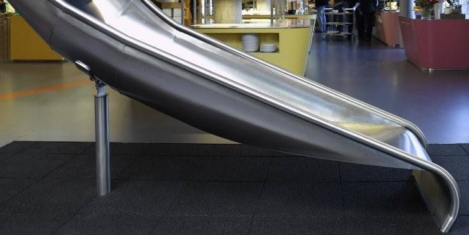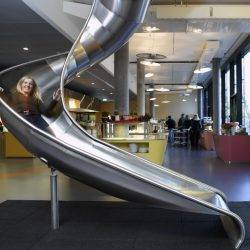August 14, 2017
Mayor announces plans to boost digital connectivity across London
 The Mayor of London, Sadiq Khan, has announced a package of measures which he claims will boost digital connectivity across the capital and tackle London’s areas of poor connectivity – known as ‘not-spots’ – including the appointment of a troubleshooting ‘Not Spot Team’. Meanwhile, Transport for London is working to bring mobile connectivity to London Underground tunnels – one of the most high-profile not spots in the country. In spite of Brexit, London is still widely regarded as Europe’s leading technology hub, with a growing sector of over 40,000 digital technology businesses employing almost 200,000 people, as well as major bases of many leading global tech companies. But while the capital leads the way in tech growth, there are parts of the city where slow and unreliable broadband is a source of concern and frustration for businesses and residents alike, such as in Rotherhithe and parts of Westminster and the City of London.
The Mayor of London, Sadiq Khan, has announced a package of measures which he claims will boost digital connectivity across the capital and tackle London’s areas of poor connectivity – known as ‘not-spots’ – including the appointment of a troubleshooting ‘Not Spot Team’. Meanwhile, Transport for London is working to bring mobile connectivity to London Underground tunnels – one of the most high-profile not spots in the country. In spite of Brexit, London is still widely regarded as Europe’s leading technology hub, with a growing sector of over 40,000 digital technology businesses employing almost 200,000 people, as well as major bases of many leading global tech companies. But while the capital leads the way in tech growth, there are parts of the city where slow and unreliable broadband is a source of concern and frustration for businesses and residents alike, such as in Rotherhithe and parts of Westminster and the City of London.


































August 14, 2017
Seven ways in which flexible working is making our lives more rigid
by Mark Eltringham • Comment, Flexible working, Technology
(more…)